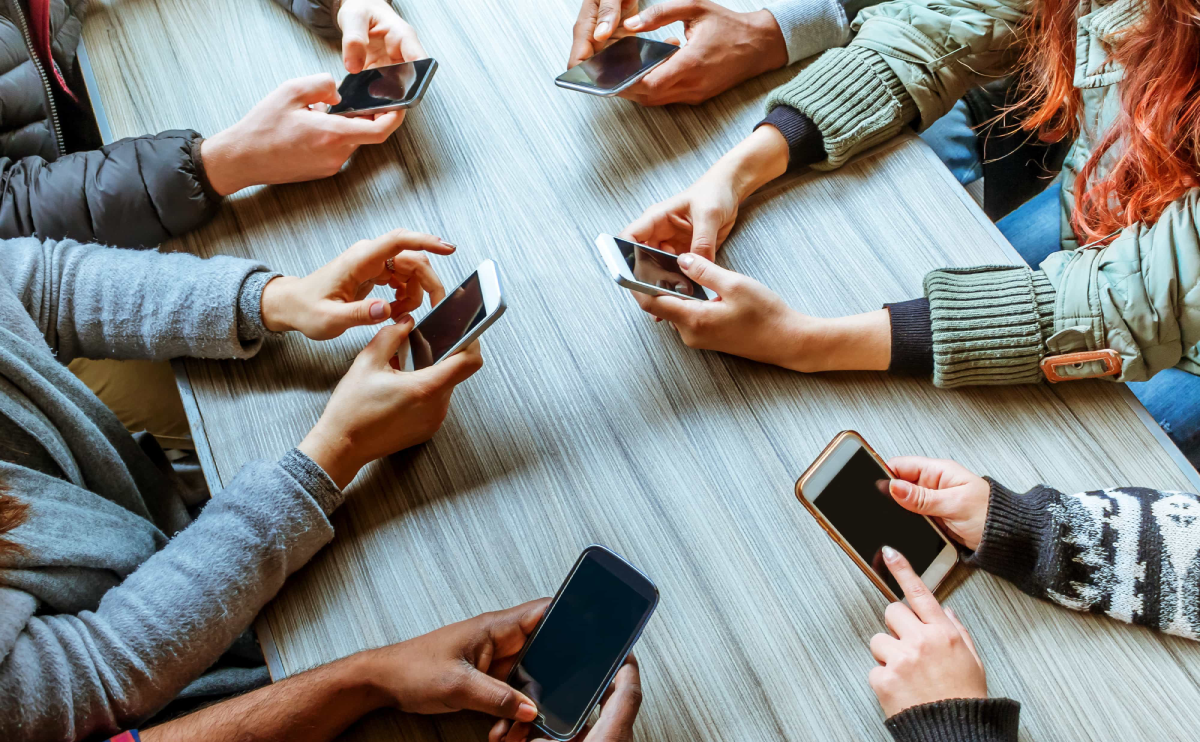In my sequel to Grandpa Gary’s Teen Playbook, I focus on one essential idea: accountability. We need to take responsibility for our own lives, and parents must take accountability for their children. Only then can we begin the process of holding our leaders accountable to We the People. The power to shape the future is in our hands, but this responsibility is slipping through our fingers when it comes to social media and its impact on the next generation.
Recently, Hillary Clinton, a former presidential candidate, expressed concerns about social media addiction among our youth. In a CNN interview, she argued that both the government and social media companies must step in to “put guardrails” around these platforms. In other words, she believes the fox can guard the chicken coop. Her idea is that if we don’t impose these regulations, we risk losing “total control” over the situation.
While I agree with some of the points she raises, there are fundamental issues with her perspective that must be clarified. Without addressing these questions, we risk handing over real control to entities that may not have the best interests of the people at heart.
1. Who Will Judge the Merits of These Guardrails?
If social media companies are expected to self-regulate, who will decide the merits and fairness of these so-called “guardrails”? We need to ask: What standards will be used, and who will enforce them? Will these be impartial rules that truly benefit society, or will they serve the interests of those who hold the most power? Are we placing too much trust in the very entities that profit from our addiction to their platforms?
2. Clarifying “We”—Who Are We Really Talking About?
When Hillary Clinton talks about, We, who is she referring to? Is it We the People, as in all citizens, or is it We the political elite? We the tech giants? We the wealthy? Or is We segmented by race, class, or party lines? This distinction matters because policies shaped by “the few” often neglect the voices of the many. In our democracy, We the People should mean every American, regardless of background, income, or political affiliation. Anything less than that falls short of our founding principles.
3. What Does “Total Control” Really Mean?
The phrase “total control” should send a chill down anyone’s spine. Who will have this control? The government? Big Tech? These are entities already criticized for overreach and censorship. Our Constitution guarantees freedom of speech because our founders understood that no one can be trusted with total control of the narrative. It’s dangerous to assume that those in power—whether they be government officials or CEOs of tech companies—should decide what speech is acceptable or what behavior needs correcting.
The Role of Parents, Not Platforms
In the end, social media isn’t the enemy. It’s a tool, one that can be used for good or ill, just like any other. The real responsibility lies with parents, not platforms. Parents must be active in guiding their children’s behavior, instilling discipline, and teaching them critical thinking skills that can help them navigate the online world. Handing that responsibility over to Big Tech or the government is not just lazy—it’s dangerous.
We, as parents and individuals, need to take control of our own lives first. It is only by fostering personal accountability that we can hold our leaders, and yes, even corporations, accountable to We the People. When we relinquish that responsibility, we lose not only control but also the very essence of our freedom.
Let’s not be fooled into thinking the fox can guard the henhouse. It’s time for us to stand up, take responsibility, and hold true to the values that have always defined this nation—freedom, accountability, and the power of the people.
